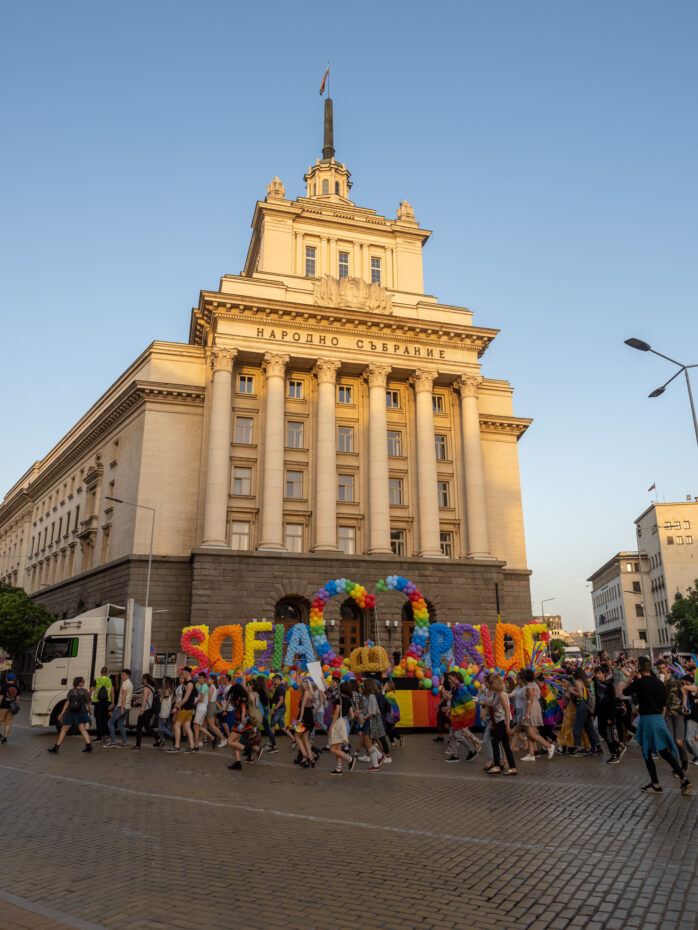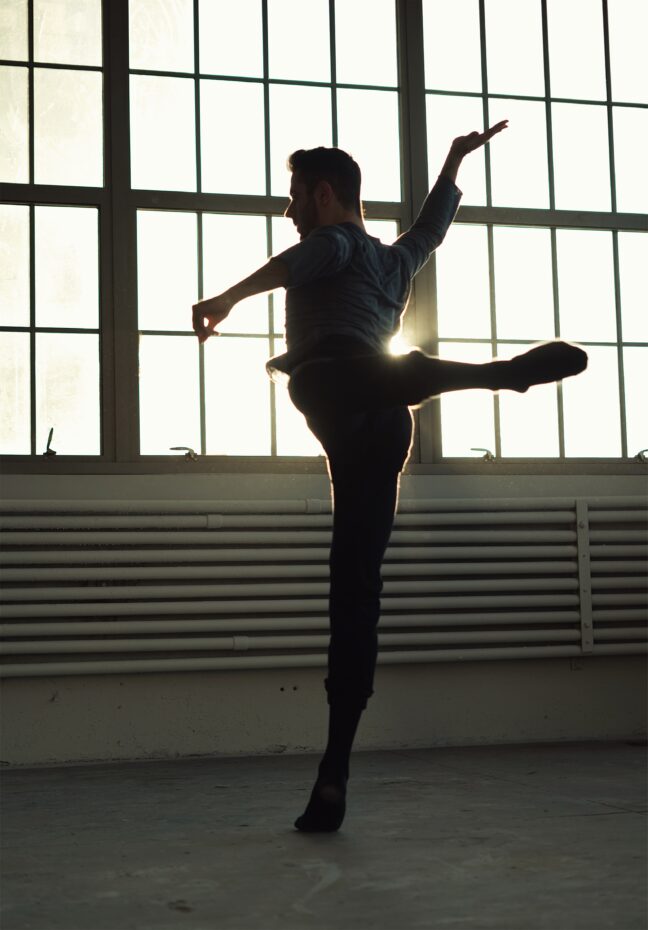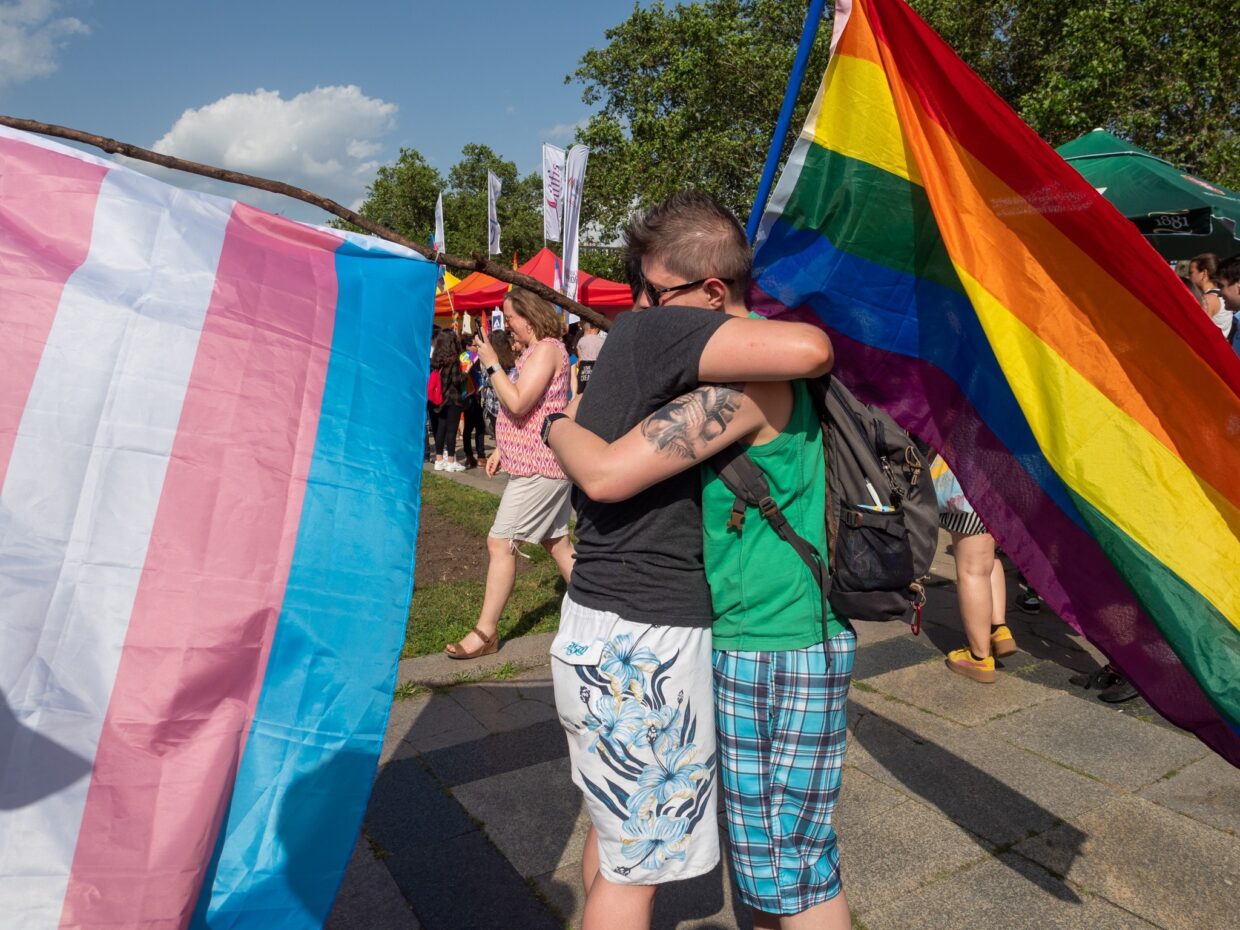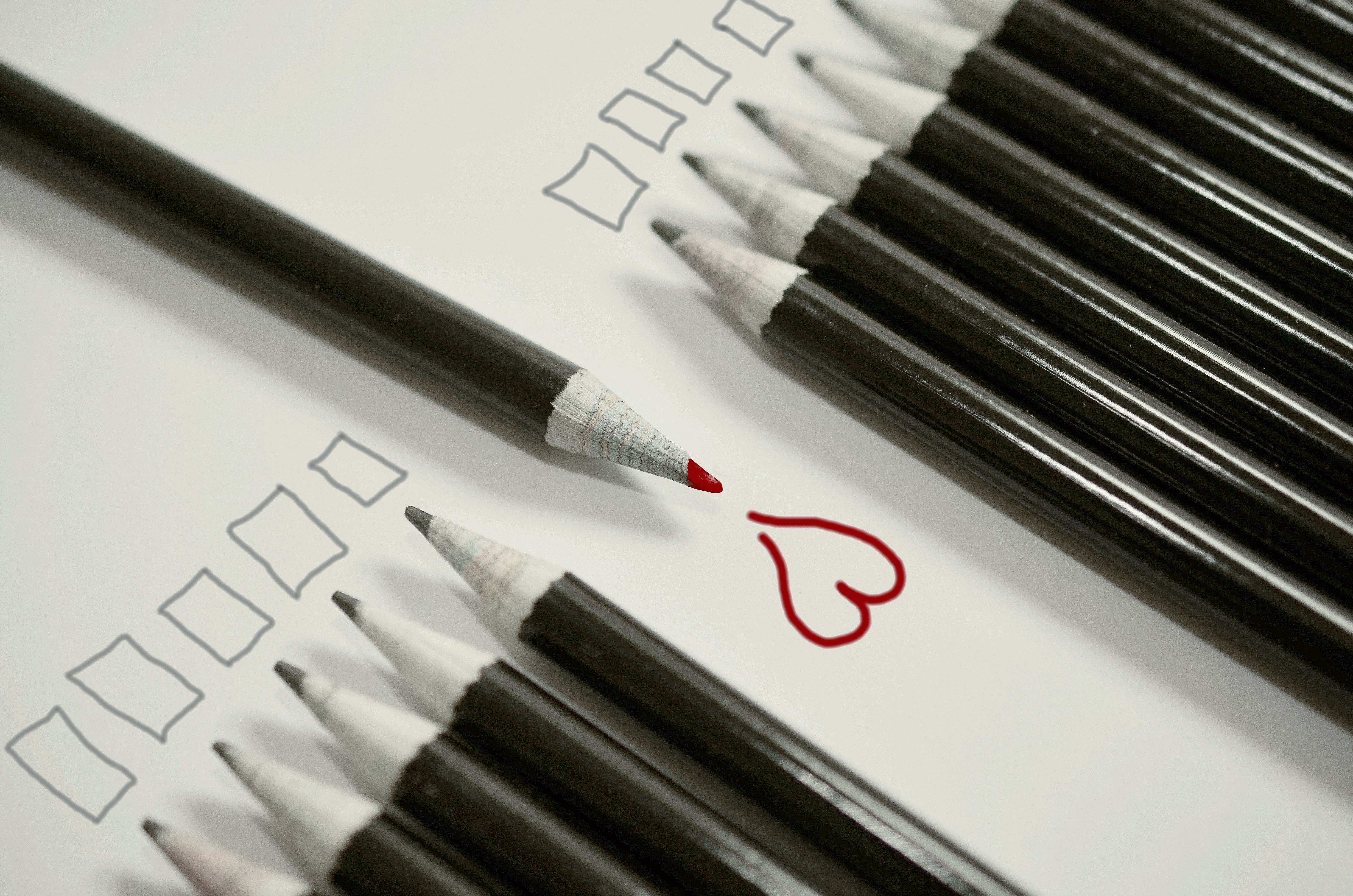Out and Proud? LGBT+ in Bulgaria
Written by Denitsa Dimitrova, edited by Scott Green, photos by Pixabay and Sofia Pride 2019
Even though you won't see rainbow flags in shop windows, nor on street poles during pride month, as you do in a lot of western cities, Bulgaria has come a long way to be where it is today regarding sexuality. Between the years 1896 and 1968 the law sent men to prison for up to three years if caught in a homosexual act and nobody had immunity as even the most beloved musician of that time Emil Dimitrov and the famous actor Georgi Partsalev, along with other members of the elite, were a target in 1964. It took some time to revise the Penal Code and make homosexuality legal in Bulgaria, this happened on 1 May 1968. But not much has changed since then in regards to legal rights and protections. Same-sex couples cannot marry or adopt in Bulgaria and even though sexuality is a basis for discrimination that Bulgarian law recognizes, hate crimes have not been outlawed and they still happen. As laws change, do people’s minds change?
Chris: The road to acceptance is not a straight one. Looking from a positive perspective we have come a long way since the 60s and the political persecution of queer people back then. Sofia Pride has been gradually getting more and more support with our last march in 2019 being visited by more than 7000 people. There are many activists working for the good of the LGBT+ community and bringing the topic into the spotlight with different campaigns. With that being said, Bulgarian society is still easily manipulated by the media and most political parties don’t support us. In fact, some far-right conservative parties continue to openly oppose our human rights or deny that we exist. We are looked upon as some western propaganda ambassadors and their followers believe this.
My personal experience shows that the best way to make a change is to lead by personal example – to come out if it’s safe for you and to speak to your friends and relatives about your personal struggles and to show them that we are not the demonic caricature that some people want them to believe we are.

Sofia Pride 2019. Photo courtesy of GLAS Foundation
Kosta: The young generation right now is very accepting and socially conscious. Young people are discovering very early on that they can be their own unapologetic selves and that there is a queer community online and in the larger cities. Azis has been an incredible catalyst for acceptance in the last two decades. I feel like we are on the precipice of a more accepting society thanks to the visibility of artists like Ivo Dimchev and most recently Vasil, the North Macedonian Eurovision 2021 contestant, who are out and leading by their fabulous example.
According to a Pew Research Center study published in June 2020, only 32% of Bulgarians agree that homosexuality should be accepted by society. When you look at the younger generation, those between the ages of 18 and 29, the percentage increases to 47%. We’re only going to see that number go up as long as we double down and work authentically and smartly towards advancing our society. It’s all a matter of time!

Kosta (out.bg) performing for 'Waiting for Colour', a documentary dance film about the LGBTQ+ persecution in Chechnya. Photo by Miles Rixon
Gloriya: Bulgaria is one of the countries that legalized homosexuality pretty early in Europe – in 1969. Unfortunately, in terms of legislation, there haven’t been many large changes regarding the LGBTI community since then, besides the law on protection against discrimination and a few successful court cases that provide some protection of the rights of LGBTI people. We believe that legislative changes are important, but shifting the attitudes of the public is just as important. This is why we are aiming to reach as many people with our campaigns in order to bust the stereotypes around LGBTI people and to increase public acceptance. Since 2018, we saw very strong anti-LGBTI campaigns that portrayed LGBTI people as this gender-monster that wants to harm children and destroy the Bulgarian nation. Of course, these campaigns were based completely on fake news, but unfortunately, many people believed them and this harmed the acceptance of LGBTI people here. We just saw what happened a few days ago on the first Burgas Pride – anti-pride protesters were throwing eggs, water bottles, cucumbers, and smokeballs at us. The event burned the rainbow flag, called us all kinds of offensive things, and made many threats. However, I’m still trying to be positive and hoping that this is only temporary and that Bulgarian people will continue becoming more accepting. After all, we are just people trying to live our lives in our home country.

Simeon: Communism left a very significant mark on the mentality of people and on their prejudices. There is a book by Georgi Toshev that talks about the actor Georgi Partsalev, his life as a gay man, and his punishment for it. GLAS did research about homosexuality during communism and based on this research we created an exhibit called 'Homo Soc' (read here) and it had amazing revelations about society back then.
There's no change without visibility and even though events like Pride are political events with political demands, overall it’s about visibility and seeing that we are just people like everyone else, except we are denied the same rights as everyone else - like the right to marry. It's funny that in Bulgarian society there is a decline of people getting married and heterosexual people take it for granted, whereas on the other hand, it's us as a community who wants to get married, who believe in this institution, who really are striving for this and have this right taken from us. Under the Bulgarian constitution, a marriage is a union between a man and a woman. There’s no political support for the LGBT+ movement in Bulgaria. We are definitely left behind, not only compared to other European member states but to our neighbors - Romania is on the way to having civil partnerships, Montenegro and Greece already have it, and Serbia is on the way. This is happening all around us and Bulgaria is standing as an isolated island of traditionalism and backward Christian values. This is the next big frontier, the next big step we need to make – political engagement.
I'm certain that people have become more accepting and it's not just my gut feeling telling me this. We did 3-4 national representative surveys and there is a steady rise in approval and acceptance of LGBT+ people in society in the last 3-4 years. We also did a survey on how willing people are to support a political party that is in favor of the LGBT+ community and we found there is a high number of people that would support such a party. So there is a rise in acceptance, definitely, but it's a long process.
This article is the second part of a five-part series. If you want to read more about the LGBT+ community in Bulgaria please read part 1, part 3, part 4, and part 5.
